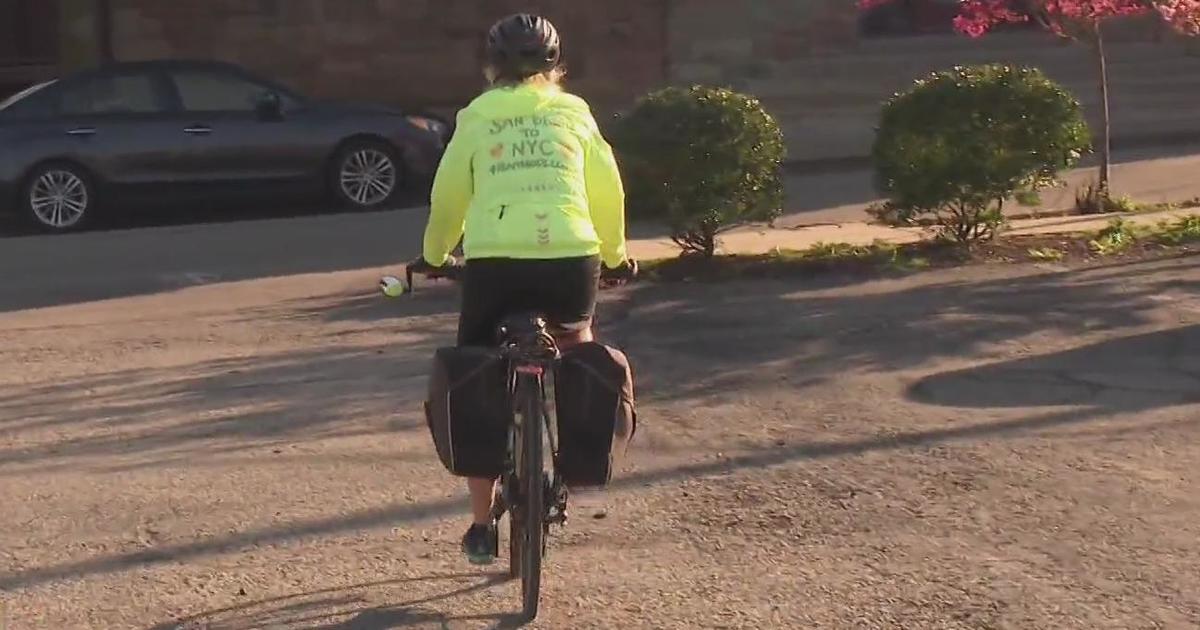Bike Sharing Programs Transforming Commutes Coast To Coast
A new breed of public transportation, bike sharing programs are transforming the commutes of thousands of people from coast to coast. Typically fueled by annual membership or rental fees, bike share programs are designed for the short-term use of a bicycle at a low cost to the user. Cities nationwide are jumping on the bike share bandwagon and adding fleets ranging in size from hundreds to thousands of bikes. Are bike share programs revolutionizing our way of life? And is that a good thing?
What they say across the pond
Bike share programs have been run successfully in a number of European cities like Amsterdam, long considered to be the bicycling capital of the world, Barcelona and Paris for close to a decade. During that time, multiple studies have pointed to their benefits. Most of these are self-explanatory; car-driven pollution levels have dropped way down and with them, so have rates of asthma and other respiratory complaints. Physical fitness levels have spiked, with people raving about the benefits of cycling to and from work. Road congestion has declined and with it, the short tempers of people stuck in traffic. In some cities, there has also been a decline in vehicle-related accidents and mortality rates. The benefits of bike share programs are manifold, leaving those in cities without them clamoring for their arrival.
What they say from coast to coast
"I live in Los Angeles, and our city is in desperate need of a more structured bike sharing program," says Cyndi Monahan. Monahan works for Critical Cycles and may be a bit biased, however, Los Angeles has maintained the most polluted city crown for many years and a well-run bike share program could create a huge change in this traffic-clogged city, the ozone it produces and the culture that sustains it. Another deterrent to bike ownership in cities like Los Angeles is theft, which bike share programs could ameliorate. "Our car-centric city does not offer much by way of a biking community and a well-locked bike is likely to get stolen anywhere, any time of day. Bike riders in Los Angeles often live in apartments, where bikes are likely to get stolen even from their underground parking garages and it is difficult to carry a bike up or down floors to avoid this," she adds.
Progress, not perfection
Bike share programs, however, are not a panacea and growing pains are to be expected as they become more common place, with new cyclists adapting to the roads heading up the negative-impact list. "Biking in Manhattan is quite an adrenaline rush, but you have to get over your initial fear of it," says Dan Malkin. Malkin is not alone; timid, first-time cyclists can cause, rather than prevent, accidents. Compounding the problem is helmets, or the lack of them. Despite this, many cyclists prefer that no mandatory helmet law be put in place. One of these is Seattle-based attorney Josh King. "I'm concerned about how Seattle's system will work given that we have a mandatory helmet law," he says. King partakes of bike share programs in other cities during business travel for exercise and sightseeing purposes, but believes mandatory helmet laws create an obstacle to bike share program use.
Wrinkles aside, bike share users and local politicians alike are abundantly enthusiastic about the upside of these programs, citing potential revenue gains, convenience and better cycling laws among the pluses.
A significant element to the greening of America, bike share programs are creating healthier individuals and less-polluted urban environments. To date, the impact upon local economies has been positive, and despite a concurrent, statistical decrease in the amount of time Americans are spending behind the wheel, no negative impact upon the car industry has been noted. While New York and Los Angeles may not be taking on the number of bike riders that Amsterdam can boast of any time soon, bike share programs are here to stay. And as of our data to date, this is very good news for city dwellers and the politicians serving them.
Corey Whelan is a freelance writer in New York. Her work can be found at Examiner.com.



